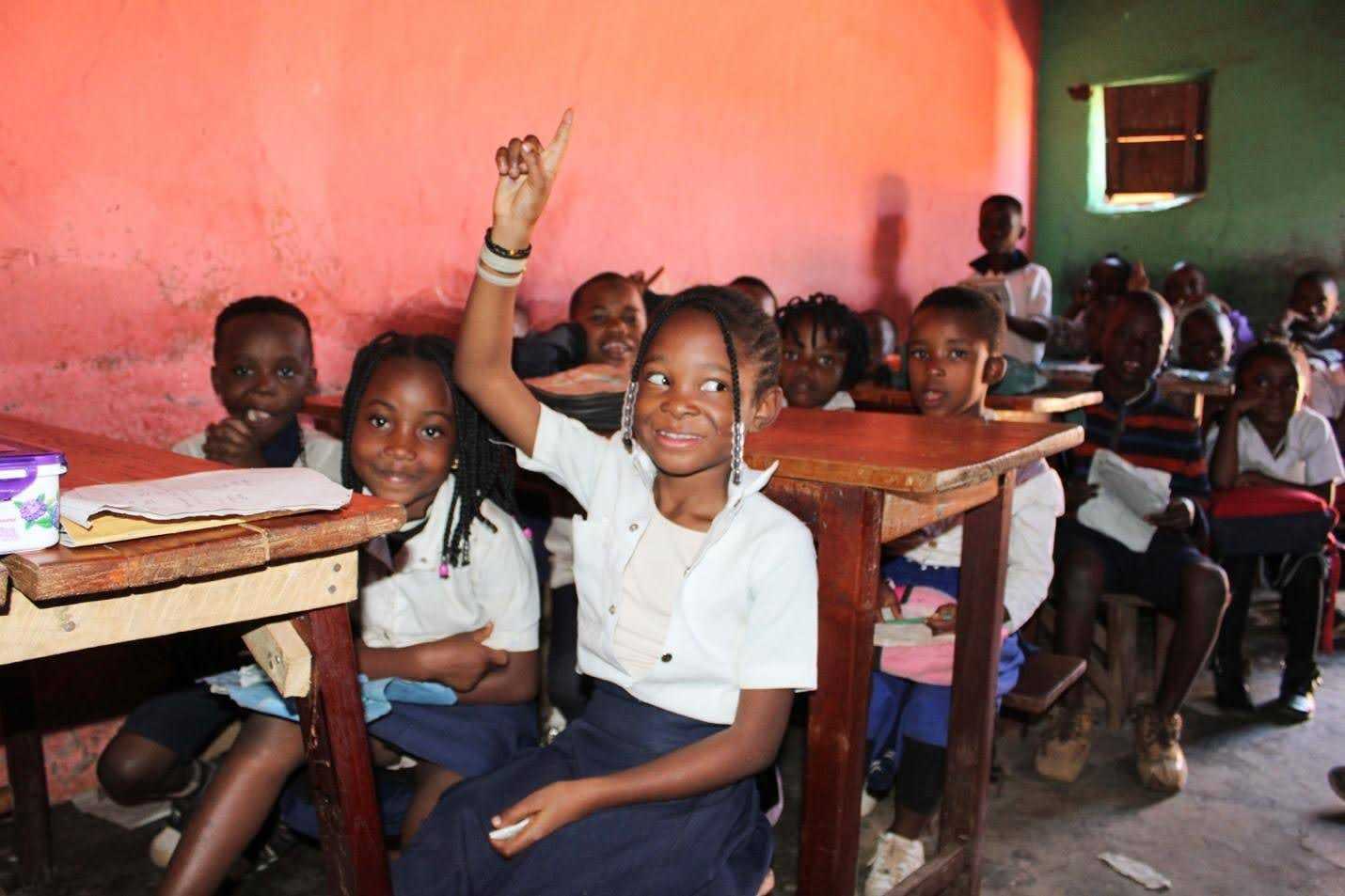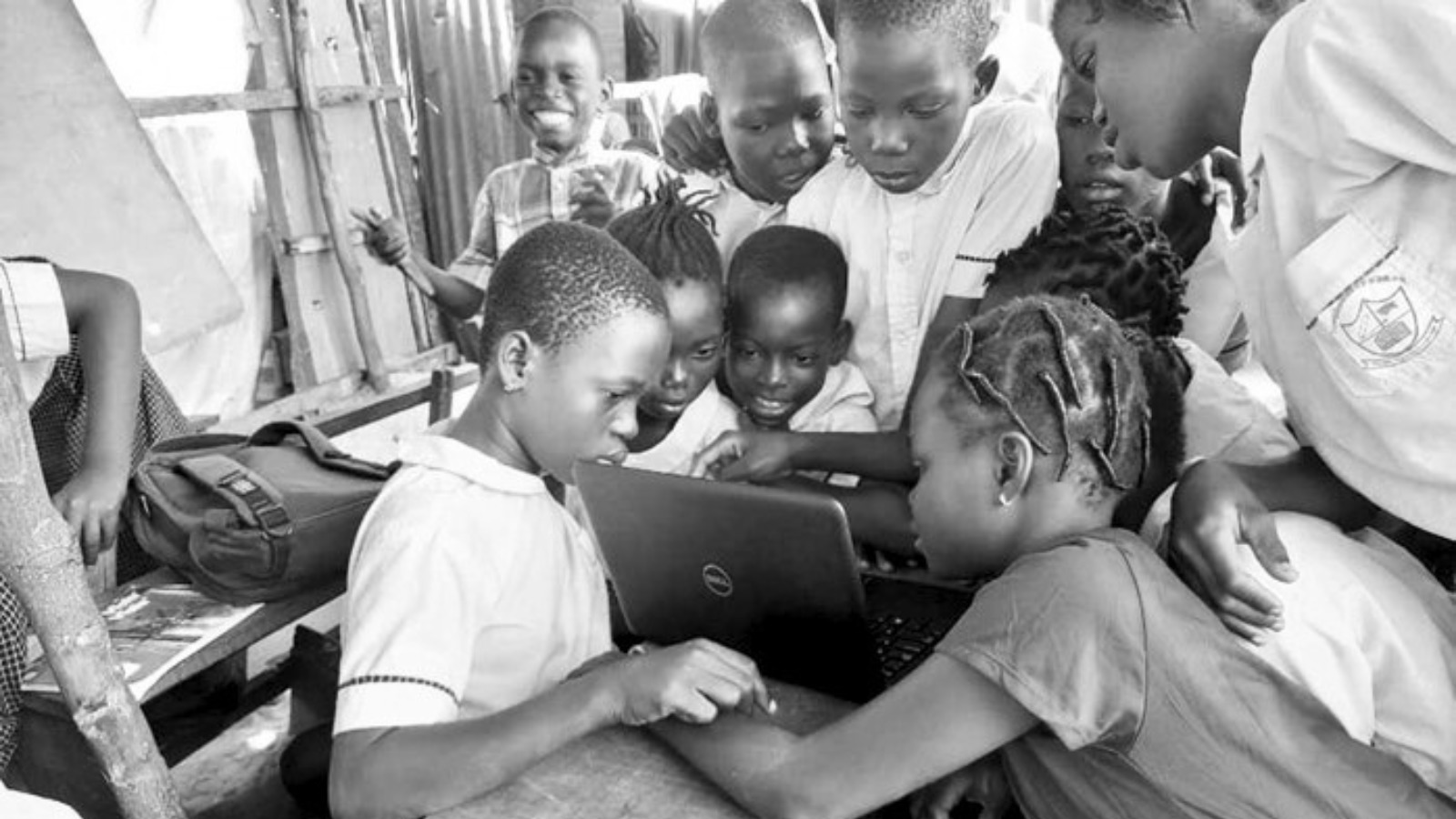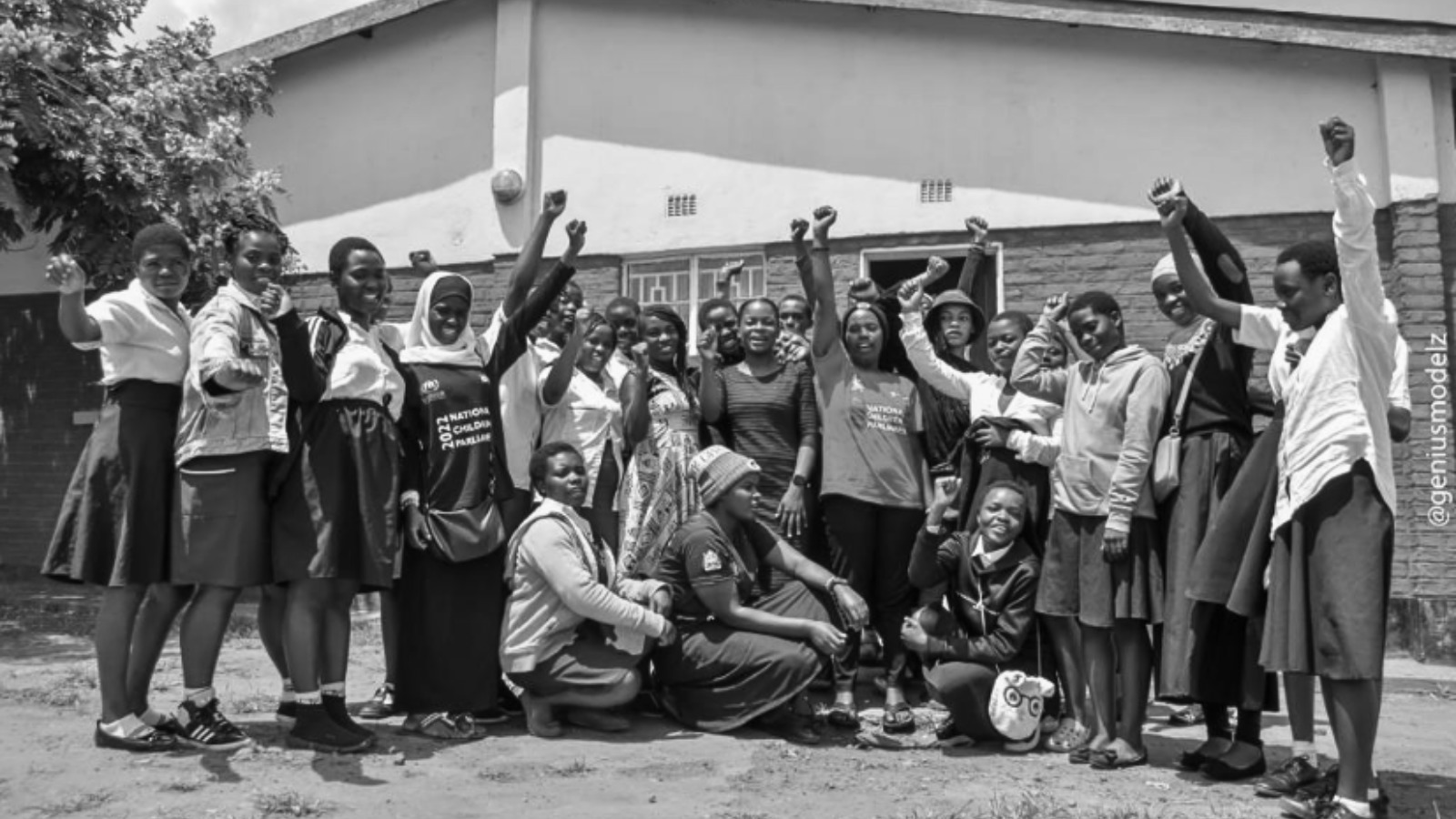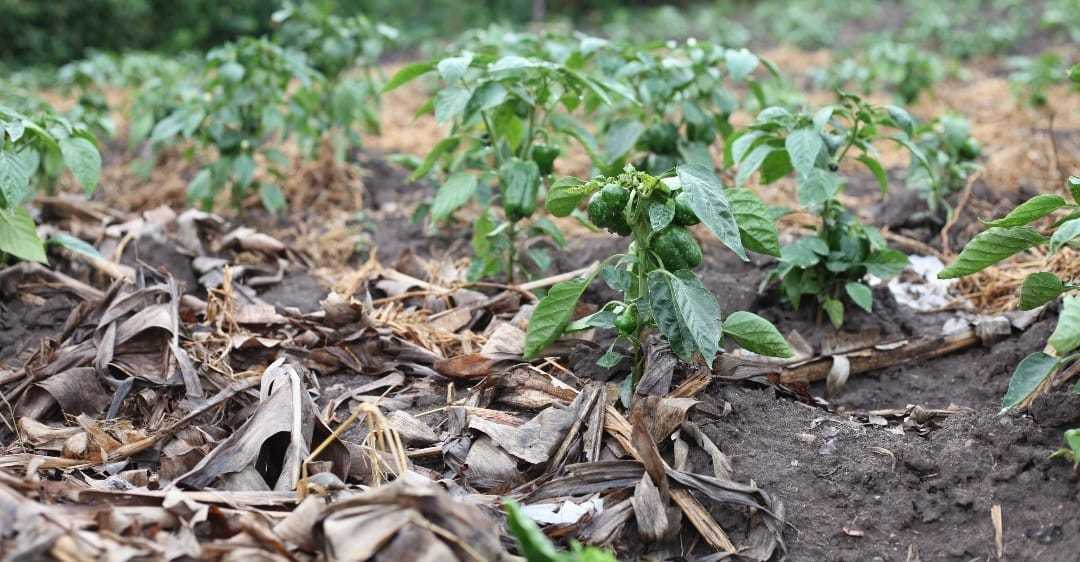
Introduction
Dzaleka Refugee Camp, situated in Malawi, is home to thousands of refugees from across Africa. In emergency situations like these, education is a vital component of humanitarian response, providing stability, hope, and opportunities for growth. This blog delves into the various educational stages available in our program at Dzaleka, including preschool, primary, secondary, post-secondary, and vocational education.
Preschool Education
Our Preschool at Dzaleka focuses on providing young children with a safe and nurturing environment to begin their learning journey. Key aspects include:
- Developmental Foundations: Programs emphasize social, emotional, and cognitive development through play-based learning.
- Routine and Stability: Establishing a daily routine helps children cope with the uncertainties of displacement.
- Preparation for Primary School: Early childhood education lays the groundwork for success in primary education.
Despite limited resources, dedicated educators and volunteers ensure that children receive the care and education they need to thrive.
Primary Education
Primary education is a fundamental right and a priority for all children. Our school in the Dzaleka follow the Malawian national curriculum, aiming to:
- Basic Literacy and Numeracy: Ensuring children acquire essential reading, writing, and math skills.
- Bilingual Education: Teaching in both Chichewa and English to prepare students for higher education.
- Inclusive Environment: Promoting inclusivity and understanding among children from diverse backgrounds.
Challenges such as overcrowded classrooms and shortages of materials are common leading to not accommodating all the eligible children. However, FOH and stakeholders maximize efforts to address these issues, ensuring access to education for all children.
Secondary Education
Secondary education at Dzaleka faces more significant challenges due to resource constraints. Nonetheless, efforts are made to:
- Provide Formal Education: Offering structured secondary education that aligns with national standards.
- Alternative Learning Opportunities:Creating programs for adolescents who missed earlier education.
- Examination Preparation:Preparing students for national exams, crucial for further education and job prospects.
Secondary schools often rely on external support for textbooks, lab equipment, and other essential resources, enabling students to continue their educational journey. However, only few of those who complete primary school at Dzaleka have access to secondary school due to very limited space.
Post-Secondary Education
Post-secondary education opportunities, though limited, are vital for empowering refugees with advanced knowledge and skills. Initiatives include:
- Higher Education Programs: Collaborations with universities and online education platforms to offer certificate and degree programs.
- Scholarships and Support: Providing financial and academic support to help students access tertiary education.
- Professional Development:Courses and certifications in fields such as leadership, education, and business.
These opportunities are crucial for refugees aspiring to professional careers, offering a path to self-sufficiency and leadership within their communities.
Vocational Education
With our vocational education FOH equips refugees with practical skills for employment and self-reliance. Key aspects include:
- Skill Development: Training in trade such as tailoring
- Empowerment Programs: Special focus on empowering women and youth with marketable skills.
- Entrepreneurship:Encouraging small business development and entrepreneurial activities.
Vocational training programs are essential for providing immediate livelihood opportunities, helping refugees to support themselves and their families.
Conclusion
Education in emergency situations like at Dzaleka Refugee Camp is a beacon of hope and resilience. Despite numerous challenges, the commitment of our educators, volunteers, and other stakeholders maximizes efforts to help children and adults have access to learning opportunities. From preschool to post-secondary and vocational education, these efforts equip refugees with the knowledge and skills necessary to rebuild their lives, be resilient and contribute positively to society.





